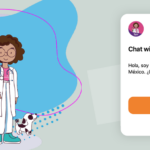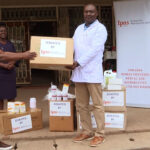
Climate change is hitting Malawi hard. In recent years, torrential rains, destructive winds and mudslides brought on by a series of cyclones have had a devastating impact on the country’s people and its agriculture-based economy.
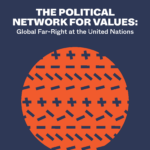
On November 17, 2023, the United Nation’s New York City headquarters will host a gathering of the Political Network for Values (PNfV), a major organizing nexus for the global far-right. Founded almost a decade ago, the benignly named PNfV has largely flown under the radar. In this time, the group has blossomed into a key networking hub and training ground for far-right activists and political leaders seeking to diminish or extinguish minorities rights and depreciate multilateral human rights systems—including the United Nations itself.

Ipas Africa Southern Region (ASR) joined the world to commemorate the International Day of the Girl Child reflecting on this year’s theme: Invest in Girls’ Rights: Our Leadership, Our Well-being.
The United Nations General Assembly on 19 December 2011, adopted Resolution 66/170 declaring October 11 as the International Day of the Girl Child, recognizing girls’ rights and the unique challenges girls face around the world.

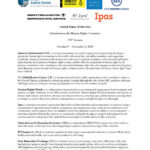
On October 17-18, 2023, the United Nations Human Rights Committee reviews U.S. compliance with the ICCPR, including the impact of Dobbs on its human rights obligations. Global Justice Center, State Innovation Exchange, Amnesty International, Ipas, Human Rights Watch, RH Impact, and Obstetricians for Reproductive Justice submitted this report to the Committee that details the human rights violations caused by Dobbs in the U.S.
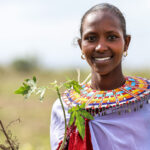
Ipas partnered with local group PACIDA to tackle the impacts of climate change on reproductive rights. The solutions—generated by the people most affected—are helping build resilient communities.
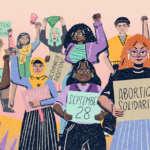
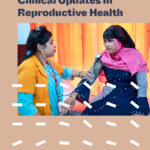
Clinical Updates in Reproductive Health (CURHs) are designed to provide Ipas staff, trainers, partners and other health-care providers with access to up-to-date, evidence-based recommendations. In general, the recommendations are the same as those in the World Health Organization's 2012 Safe Abortion: Technical and Policy Guidance for Health Systems, Second edition. In rare cases, the recommendations have been modified due to the settings where we work. In addition, if there is more current evidence to inform the recommendations, they will be updated here. Please note: Clinical Updates in Reproductive Health provides Ipas’s most up-to-date clinical guidance. Recommendations in this publication supersede any clinical guidance in Ipas curricula that differs from the guidance provided here.
